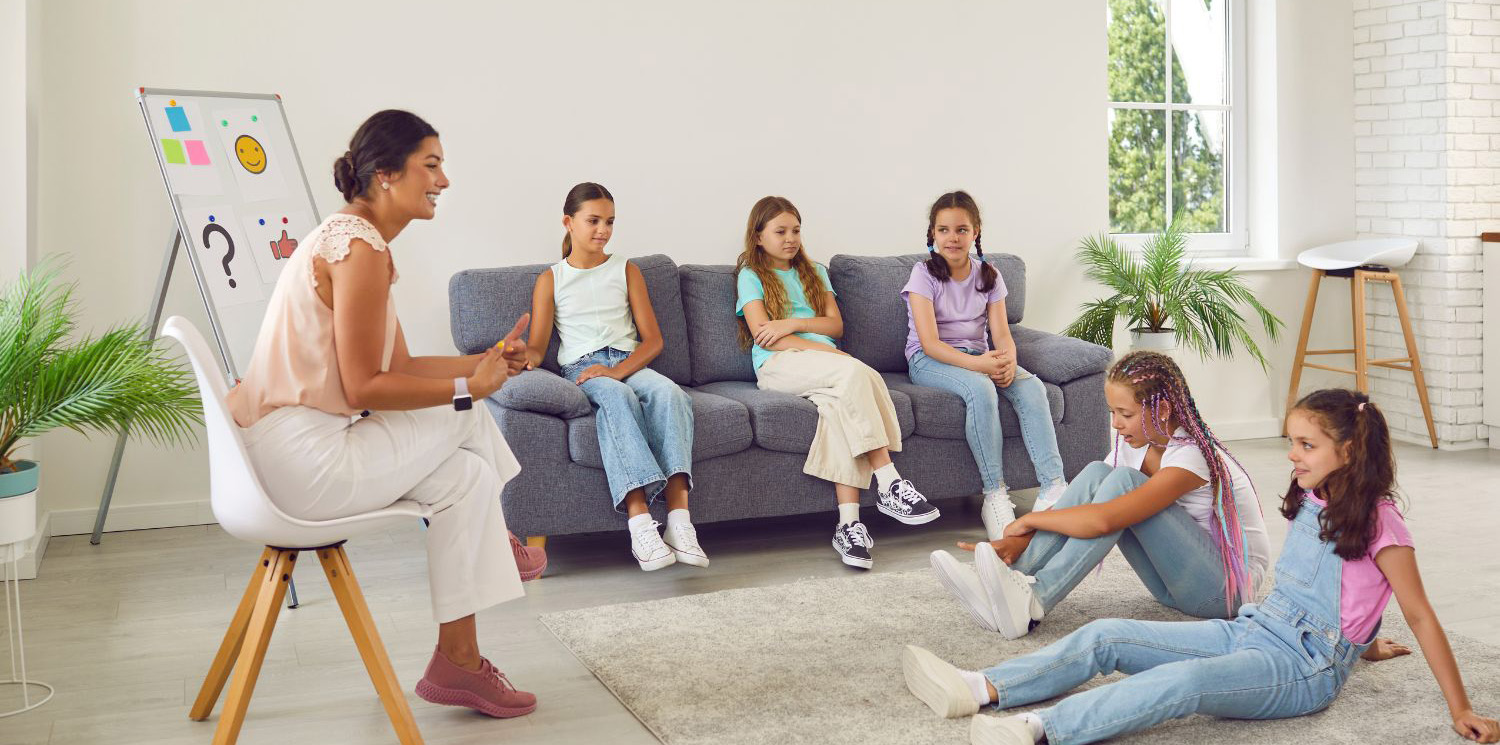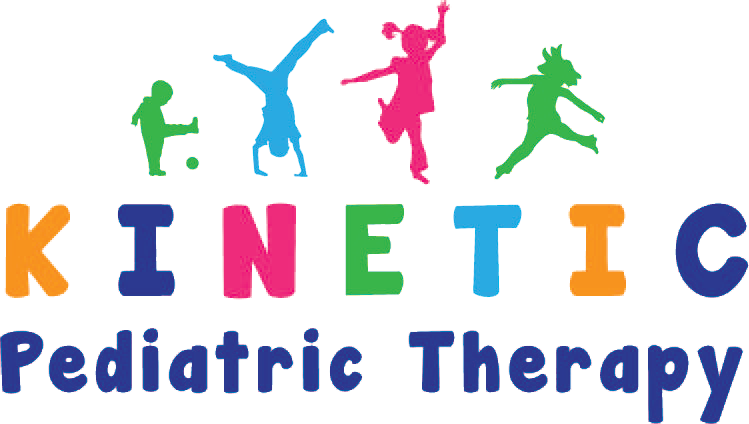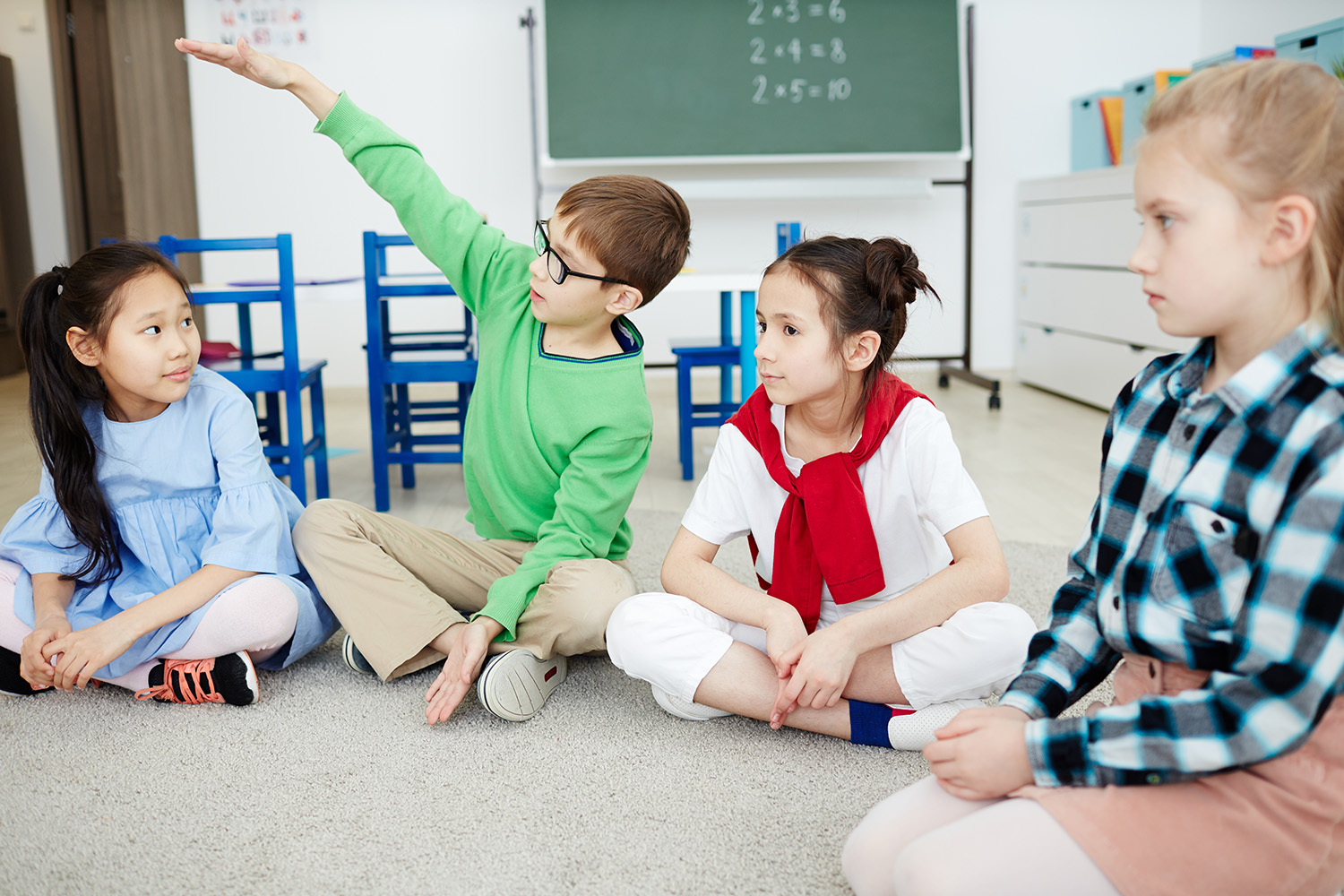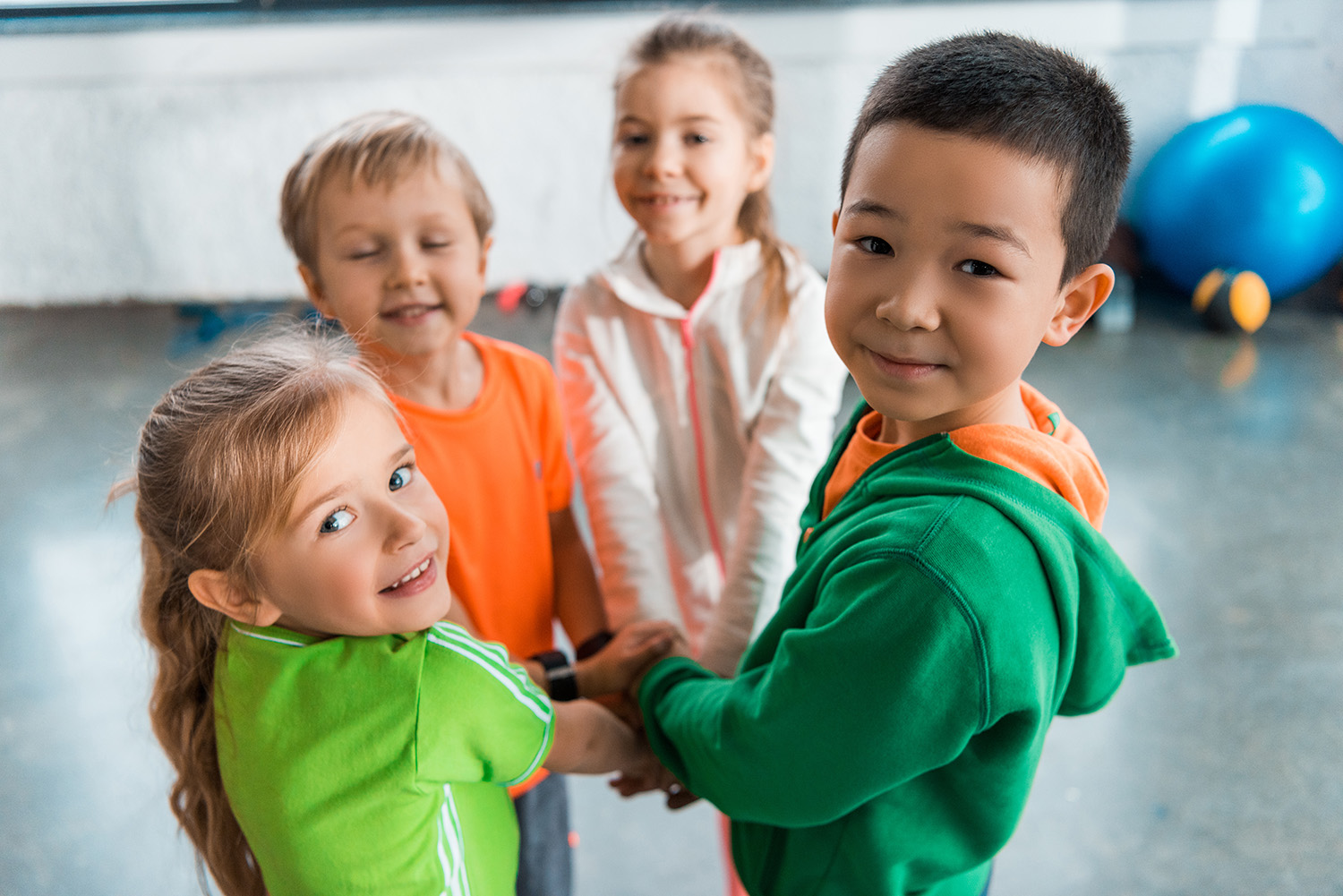
Help Children Develop Social Skills and Build Healthy Relationships with School-Based Behavioral Therapy
Helping children develop social skills is a crucial part of supporting their overall growth and success, especially within a school setting. Children who struggle with social interactions often face challenges that can affect their academic performance, emotional health, and long-term relationships. At Kinetic Pediatric Contract Therapy, we understand how important it is to provide effective interventions that nurture social skills in children. Our school-based behavioral therapy services focus on helping children develop social skills, build confidence, and establish healthy relationships with their peers and adults.
How School-Based Behavioral Therapy Can Help Children Develop Social Skills
One of the primary goals of behavioral therapy in schools is to help children develop social skills that are essential for navigating their daily environments. Social skills include the ability to communicate effectively, interpret social cues, resolve conflicts, and cooperate with others. These skills are vital for children to feel accepted and successful both in and out of the classroom.
Through personalized behavioral therapy sessions, therapists work closely with children to teach these skills in a supportive and structured environment. The therapy often involves role-playing, social stories, and group activities designed to practice and reinforce appropriate social behaviors. Helping children develop social skills through behavioral therapy also includes teaching self-regulation and emotional management, which are closely linked to positive social interactions.
Signs That Indicate a Need to Help Children Develop Social Skills
Children who struggle socially may exhibit a range of behaviors that can signal the need for targeted behavioral therapy. These signs include:
- Difficulty making or maintaining friendships
- Trouble understanding or interpreting social cues like facial expressions or tone of voice
- Frequent misunderstandings or conflicts with peers
- Avoidance of group activities or social situations
- Difficulty expressing thoughts or feelings appropriately
- Challenges with sharing, taking turns, or cooperating
Recognizing these signs early and providing support through behavioral therapy can significantly improve a child’s ability to connect with others and thrive in social settings.
Techniques Used in Behavioral Therapy to Help Children Develop Social Skills
Our school-based behavioral therapy programs use a variety of techniques tailored to each child’s needs to help children develop social skills effectively. Some of these techniques include:
Social Skills Training
This involves direct instruction and practice in specific social behaviors such as greeting others, initiating conversations, and understanding personal space. Therapists use modeling and feedback to reinforce these skills, helping children gain confidence.
Cognitive Behavioral Techniques
Children learn to recognize and change negative thoughts or misconceptions that may hinder social interactions. By developing positive thinking patterns, children become more comfortable engaging with peers.
Role-Playing and Social Stories
Role-playing common social scenarios allows children to rehearse appropriate responses in a safe setting. Social stories help children understand social norms and expectations by breaking down complex situations into understandable narratives.
Emotional Regulation Strategies
Since managing emotions is key to positive social interactions, behavioral therapy also focuses on teaching children how to cope with feelings like frustration, anger, or anxiety through calming techniques and problem-solving skills.
Peer-Mediated Interventions
Some behavioral therapy sessions involve working in small groups where peers are encouraged to support each other’s social growth, promoting natural interactions and friendships.
Benefits of Helping Children Develop Social Skills Through Behavioral Therapy
The impact of effective behavioral therapy in helping children develop social skills extends beyond immediate social interactions. When children improve their social skills, they often experience:
- Enhanced self-esteem and confidence
- Improved academic engagement and performance
- Reduced behavioral challenges and conflicts
- Stronger relationships with family, teachers, and peers
- Better long-term emotional health and resilience
By addressing social skill development early, behavioral therapy helps set children on a path for success that carries through adolescence and adulthood.
Tips for Parents and Educators to Support Social Skill Development
Helping children develop social skills is a collaborative effort that involves parents, teachers, and therapists. Here are some practical ways to support social growth outside of therapy sessions:
- Encourage positive social interactions through playdates and group activities
- Model respectful and effective communication
- Provide clear and consistent expectations for social behavior
- Use books and videos that teach social skills and empathy
- Reinforce and praise efforts to use social skills in daily life
- Collaborate closely with your child’s behavioral therapist to ensure consistency
Consistent support from home and school environments enhances the effectiveness of behavioral therapy interventions.
Why Choose Kinetic Pediatric Contract Therapy for School-Based Behavioral Therapy?
At Kinetic Pediatric Contract Therapy, our mission is to empower every child with the tools they need to succeed socially and academically. Our experienced therapists specialize in providing evidence-based behavioral therapy that is tailored to the individual needs of children within their school environment. We work closely with educators, parents, and children to create personalized plans that maximize progress and promote lasting social skills.
Our comprehensive approach ensures that children receive the support they need to overcome social challenges and build healthy relationships that contribute to their overall well-being.
Helping children develop social skills is essential for their emotional growth and future success. School-based behavioral therapy provides targeted support to teach and reinforce these skills, enabling children to build meaningful connections and navigate social situations with confidence. If your child is struggling with social interactions, consider reaching out to Kinetic Pediatric Contract Therapy to learn more about how our behavioral therapy services can make a difference.
🧠 Empower your students with personalized behavioral support! Kinetic Pediatric Contract Therapy offers tailored Behavioral Therapy services to schools across North Carolina, helping children thrive both academically and socially. Our expert therapists work closely with educators and families to address emotional, social, and behavioral challenges, ensuring each child receives the care they need to succeed. 🌟 Let’s create a positive learning environment together—contact us today to bring our Behavioral Therapy services to your school and support every student’s success!
Please Share




